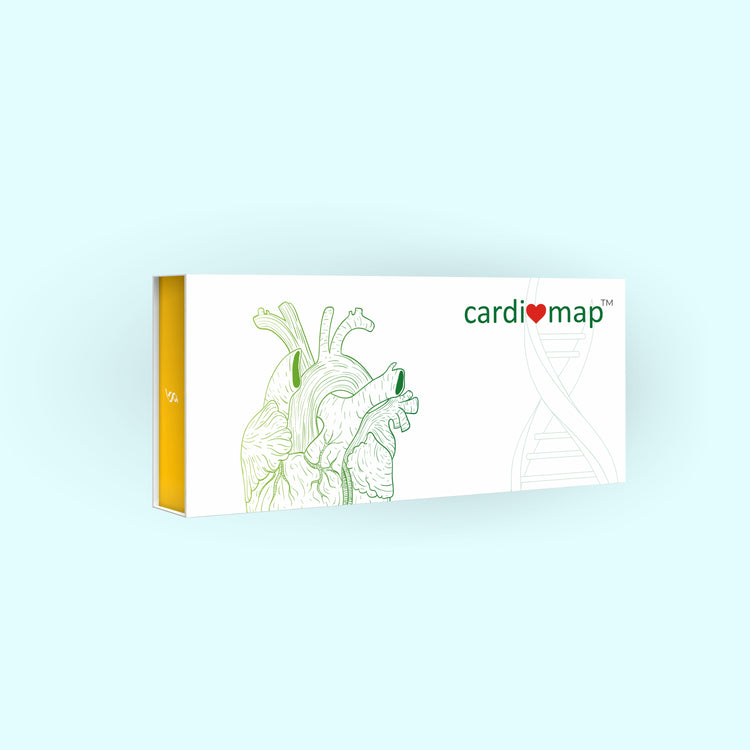Long QT Syndrome
electrocardiogram (ECG). This prolongation can lead to arrhythmias, which are irregular heartbeats that can cause palpitations, fainting, seizures, or sudden death.
Key Points about Long QT Syndrome:
-
Types of LQTS:
- Congenital LQTS: An inherited form of the condition caused by mutations in specific genes that affect cardiac ion channels. These genes include KCNQ1, KCNH2, and SCN5A, among others.
- Acquired LQTS: Caused by external factors such as medications, electrolyte imbalances, or underlying medical conditions. Certain drugs, like some antibiotics, antipsychotics, and antiarrhythmics, can prolong the QT interval.
-
Symptoms:
- Palpitations
- Syncope (fainting)
- Seizures
- Sudden cardiac arrest or sudden death
-
Diagnosis:
- Electrocardiogram (ECG): The primary diagnostic tool, where a prolonged QT interval can be observed.
- Genetic Testing: Used to identify specific mutations in congenital LQTS.
- Holter Monitor: Continuous ECG monitoring over 24-48 hours.
- Stress Test: To observe QT interval changes during physical activity.
-
Management and Treatment:
- Medications: Beta-blockers are commonly used to manage symptoms and reduce the risk of arrhythmias. Potassium supplementation may also be used.
- Lifestyle Changes: Avoiding triggers such as strenuous exercise or medications known to prolong the QT interval.
- Implantable Devices: Implantable cardioverter-defibrillators (ICDs) may be recommended for patients at high risk of sudden cardiac death.
- Left Cardiac Sympathetic Denervation (LCSD): A surgical procedure that may be considered in certain cases.
-
Prognosis:
- The prognosis of LQTS varies depending on the type and severity of the condition, as well as the effectiveness of treatment and management strategies. With proper treatment and lifestyle modifications, many individuals with LQTS can lead normal lives.
Genetic Mutations and LQTS:
- KCNQ1: Mutations in this gene cause LQTS1, the most common form of congenital LQTS.
- KCNH2 (HERG): Mutations in this gene cause LQTS2.
- SCN5A: Mutations in this gene cause LQTS3.
- Other Genes: Mutations in other genes such as KCNE1, KCNE2, and others can also lead to various forms of congenital LQTS.

